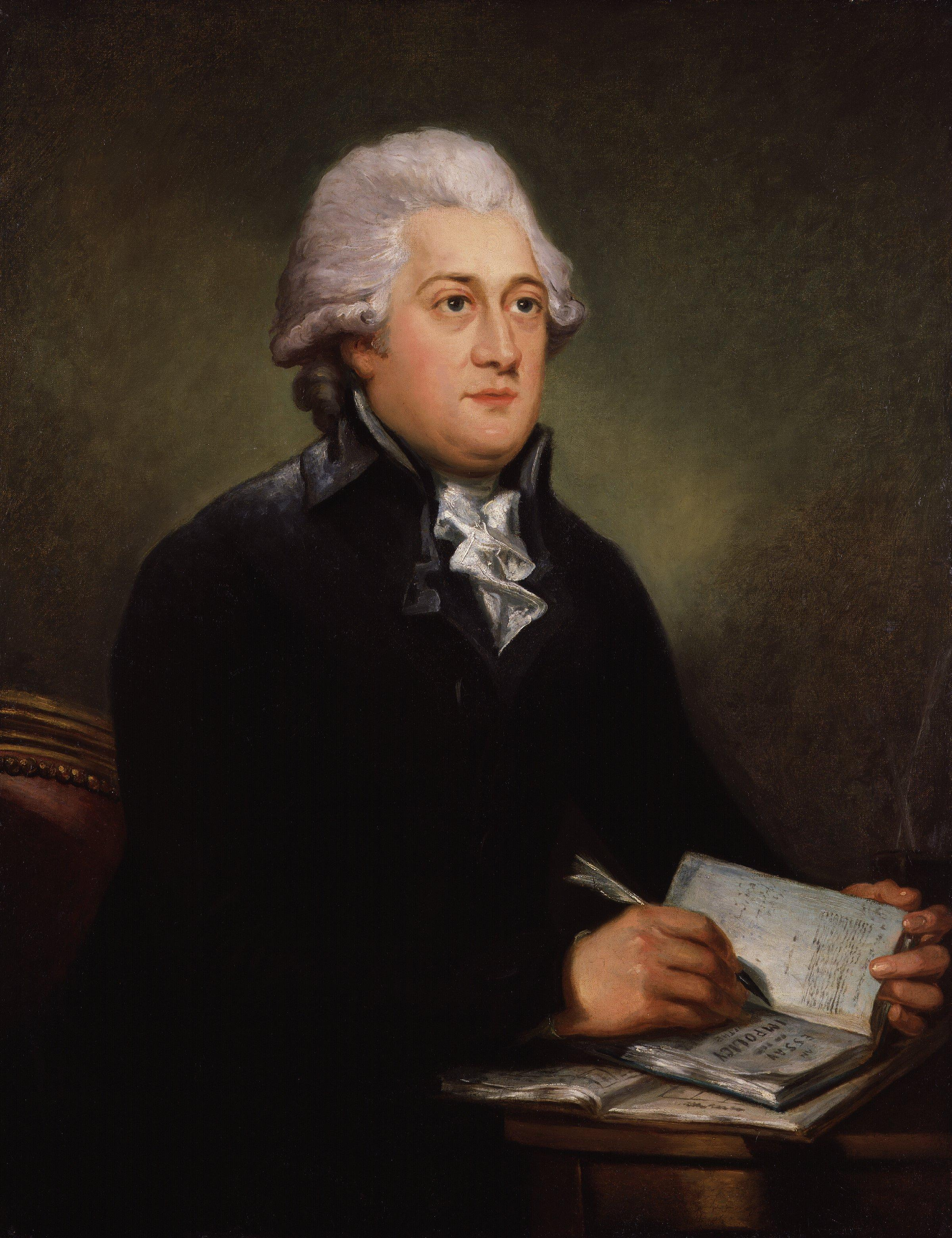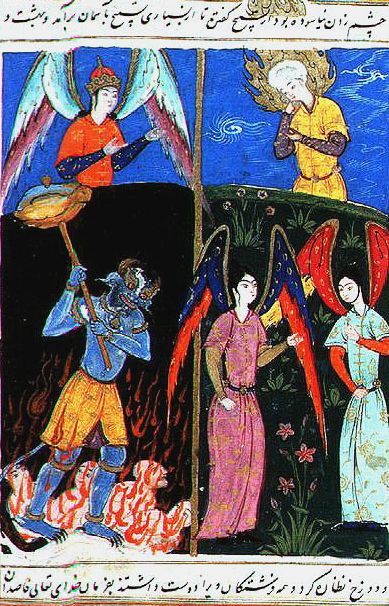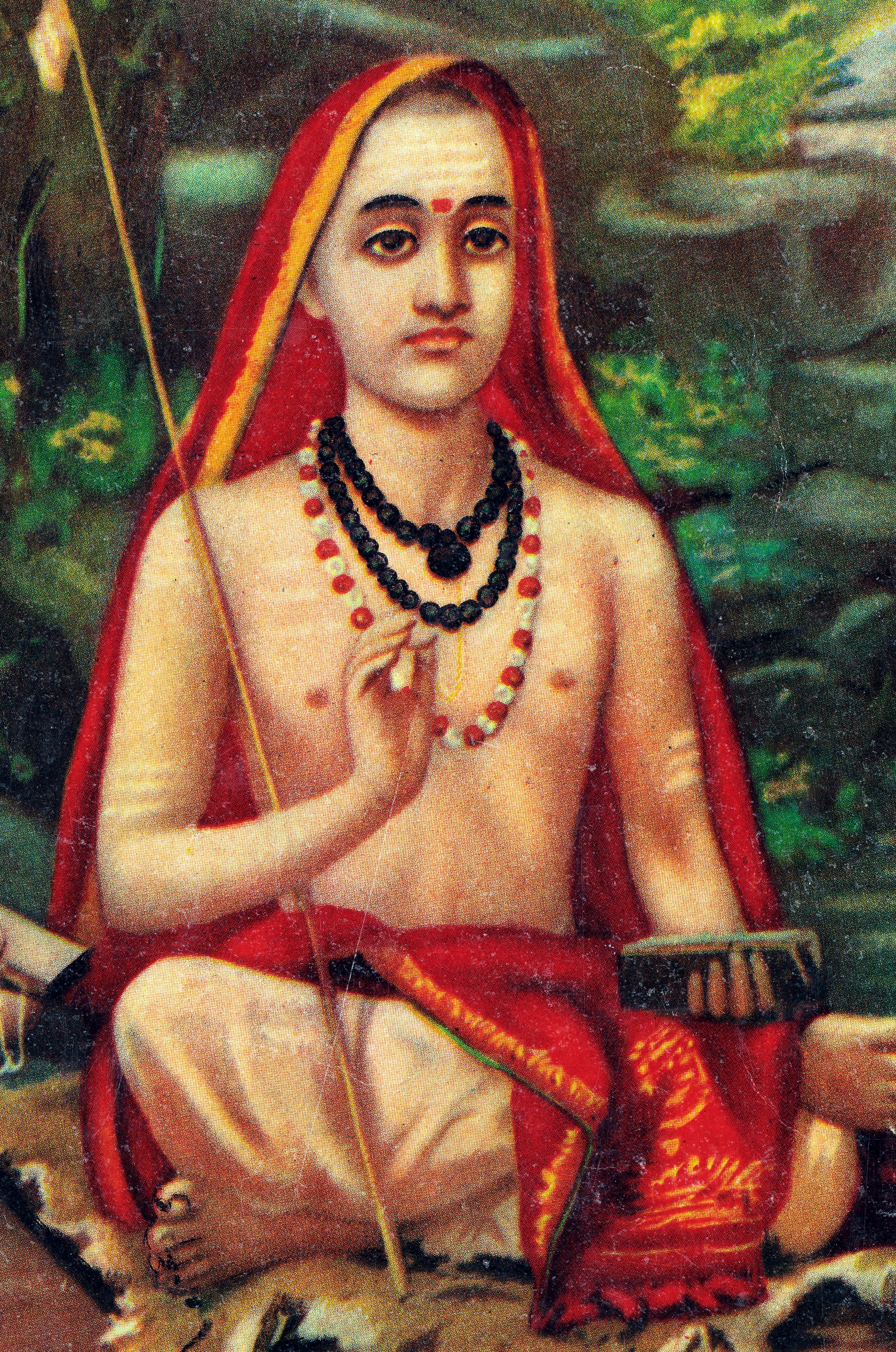|
Emanuel Swedenborg
Emanuel Swedenborg (; ; born Emanuel Swedberg; (29 January 168829 March 1772) was a Swedish polymath; scientist, engineer, astronomer, anatomist, Christian theologian, philosopher, and mysticism, mystic. He became best known for his book on the afterlife, Heaven and Hell (Swedenborg), ''Heaven and Hell'' (1758). Swedenborg had a prolific career as an inventor and scientist. In 1741, at 53, he entered into a Spirituality, spiritual phase in which he began to experience dreams and visions, notably on Easter Weekend, on 6 April 1744. His experiences culminated in a "spiritual awakening" in which he received a revelation that Jesus Christ had appointed him to write ''The Heavenly Doctrine'' to reform Christianity. According to ''The Heavenly Doctrine'', the Lord had opened Swedenborg's spiritual eyes so that from then on, he could freely visit heaven and hell to converse with angels, demons, and other spirits and that the Last Judgment had already occurred in 1757, the year before th ... [...More Info...] [...Related Items...] OR: [Wikipedia] [Google] [Baidu] |
Carl Frederik Von Breda
Carl Frederik von Breda (16 August 1759 – 1 December 1818) was a Swedish painter who studied in and spent much of his career in Britain before becoming painter to the Swedish court. He was born in Stockholm in 1759, and moved to Britain where he was a student of Joshua Reynolds. Breda specialized in painting portraits and was called "the van Dyck of Sweden". He returned to Sweden 1796 where he became professor at the Academy of Arts, a popular portraitist, and a court painter. Breda married at age 22 and his son, Johan Fredrik, was also a painter, who studied under his father. Breda died in Stockholm in 1818. Early life Breda's great-grandfather Pieter emigrated to Stockholm around the year 1670 from the Netherlands. The "von Breda" family name seems to indicate a connection with the city of Breda. ''Von'' is not a Dutch preposition, but in the Nordic countries, this originally German preposition has occasionally been used as a part of names of ennobled families of native or ... [...More Info...] [...Related Items...] OR: [Wikipedia] [Google] [Baidu] |
Correspondence (theology)
Correspondence is a relationship between two levels of existence. The term was coined by the 18th-century theologian Emanuel Swedenborg in his '' Arcana Cœlestia'' (1749–1756), '' Heaven and Hell'' (1758) and other works. Swedenborg Definition In the terminology of Swedenborg's revelation, “correspondence” is a basic relationship found between two levels of existence. Thus, for instance, light corresponds to wisdom because wisdom enlightens the mind as light enlightens the eye. Warmth corresponds to love because love warms the mind as heat does the body. Swedenborg says that the Word (Bible The Bible is a collection of religious texts that are central to Christianity and Judaism, and esteemed in other Abrahamic religions such as Islam. The Bible is an anthology (a compilation of texts of a variety of forms) originally writt ...) was written by God entirely according to correspondences so that within its natural laws and histories every detail describes the sp ... [...More Info...] [...Related Items...] OR: [Wikipedia] [Google] [Baidu] |
Heaven
Heaven, or the Heavens, is a common Religious cosmology, religious cosmological or supernatural place where beings such as deity, deities, angels, souls, saints, or Veneration of the dead, venerated ancestors are said to originate, be throne, enthroned, or reside. According to the beliefs of some religions, heavenly beings can descend to Earth or Incarnation, incarnate and earthly beings can ascend to Heaven in the afterlife or, in exceptional cases, enter Heaven Entering heaven alive, without dying. Heaven is often described as a "highest place", the Sacred, holiest place, a paradise, in contrast to Hell or the Underworld or the "low places" and History of Christian universalism, universally or conditionally accessible by earthly beings according to various standards of divinity, good and evil, goodness, piety, faith, or other virtues or orthodoxy, right beliefs or simply Will of God, divine will. Some believe in the possibility of a heaven on Earth in a ''world to come''. A ... [...More Info...] [...Related Items...] OR: [Wikipedia] [Google] [Baidu] |
Christianity
Christianity is an Abrahamic monotheistic religion, which states that Jesus in Christianity, Jesus is the Son of God (Christianity), Son of God and Resurrection of Jesus, rose from the dead after his Crucifixion of Jesus, crucifixion, whose coming as the Messiah#Christianity, messiah (Christ (title), Christ) was Old Testament messianic prophecies quoted in the New Testament, prophesied in the Old Testament and chronicled in the New Testament. It is the Major religious groups, world's largest and most widespread religion with over 2.3 billion followers, comprising around 28.8% of the world population. Its adherents, known as Christians, are estimated to make up a majority of the population in Christianity by country, 157 countries and territories. Christianity remains Christian culture, culturally diverse in its Western Christianity, Western and Eastern Christianity, Eastern branches, and doctrinally diverse concerning Justification (theology), justification and the natur ... [...More Info...] [...Related Items...] OR: [Wikipedia] [Google] [Baidu] |
Jesus Christ
Jesus (AD 30 or 33), also referred to as Jesus Christ, Jesus of Nazareth, and many Names and titles of Jesus in the New Testament, other names and titles, was a 1st-century Jewish preacher and religious leader. He is the Jesus in Christianity, central figure of Christianity, the Major religious groups, world's largest religion. Most Christians consider Jesus to be the Incarnation (Christianity), incarnation of God the Son and awaited Messiah#Christianity, messiah, or Christ (title), Christ, a descendant from the Davidic line that is prophesied in the Old Testament. Virtually all modern scholars of classical antiquity, antiquity agree that Historicity of Jesus, Jesus existed historically. Accounts of Life of Jesus, Jesus's life are contained in the Gospels, especially the four canonical Gospels in the New Testament. Since the Age of Enlightenment, Enlightenment, Quest for the historical Jesus, academic research has yielded various views on the historical reliability of t ... [...More Info...] [...Related Items...] OR: [Wikipedia] [Google] [Baidu] |
Easter
Easter, also called Pascha ( Aramaic: פַּסְחָא , ''paskha''; Greek: πάσχα, ''páskha'') or Resurrection Sunday, is a Christian festival and cultural holiday commemorating the resurrection of Jesus from the dead, described in the New Testament as having occurred on the third day of his burial following his crucifixion by the Romans at Calvary . It is the culmination of the Passion of Jesus, preceded by Lent (or Great Lent), a 40-day period of fasting, prayer, and penance. Easter-observing Christians commonly refer to the last week of Lent, before Easter, as Holy Week, which in Western Christianity begins on Palm Sunday (marking the entrance of Jesus in Jerusalem), includes Spy Wednesday (on which the betrayal of Jesus is mourned), and contains the days of the Easter Triduum including Maundy Thursday, commemorating the Maundy and Last Supper, as well as Good Friday, commemorating the crucifixion and death of Jesus. In Eastern Christianity, t ... [...More Info...] [...Related Items...] OR: [Wikipedia] [Google] [Baidu] |
Spirituality
The meaning of ''spirituality'' has developed and expanded over time, and various meanings can be found alongside each other. Traditionally, spirituality referred to a religious process of re-formation which "aims to recover the original shape of man", oriented at "the image of God" as exemplified by the List of founders of religious traditions, founders and sacred texts of the religions of the world. The term was used within early Christianity to refer to a life oriented toward Holy Spirit (Christianity), the Holy Spirit and broadened during the Late Middle Ages to include mind, mental aspects of life. In modern times, the term both spread to other religious traditions and broadened to refer to a wider range of experiences, including a range of Western esotericism, esoteric and religious traditions. Modern usages tend to refer to a subjective experience of a Sacredness, sacred dimension, and the "deepest values and meanings by which people live", often in a context separate from ... [...More Info...] [...Related Items...] OR: [Wikipedia] [Google] [Baidu] |
Scientist
A scientist is a person who Scientific method, researches to advance knowledge in an Branches of science, area of the natural sciences. In classical antiquity, there was no real ancient analog of a modern scientist. Instead, philosophers engaged in the philosophical study of nature called natural philosophy, a precursor of natural science. Though Thales ( 624–545 BC) was arguably the first scientist for describing how cosmic events may be seen as natural, not necessarily caused by gods,Frank N. Magill''The Ancient World: Dictionary of World Biography'', Volume 1 Routledge, 2003 it was not until the 19th century in science, 19th century that the term ''scientist'' came into regular use after it was coined by the theologian, philosopher, and historian of science William Whewell in 1833. History The roles of "scientists", and their predecessors before the emergence of modern scientific disciplines, have evolved considerably over time. Scientists of different er ... [...More Info...] [...Related Items...] OR: [Wikipedia] [Google] [Baidu] |
Inventor
An invention is a unique or novel device, method, composition, idea, or process. An invention may be an improvement upon a machine, product, or process for increasing efficiency or lowering cost. It may also be an entirely new concept. If an idea is unique enough either as a stand-alone invention or as a significant improvement over the work of others, it can be patented. A patent, if granted, gives the inventor a proprietary interest in the patent over a specific period of time, which can be licensed for financial gain. An inventor creates or discovers an invention. The word ''inventor'' comes from the Latin verb ''invenire'', ''invent-'', to find. Although inventing is closely associated with science and engineering, inventors are not necessarily engineers or scientists. The ideation process may be augmented by the applications of algorithms and methods from the domain collectively known as artificial intelligence . Some inventions can be patented. The system of patents wa ... [...More Info...] [...Related Items...] OR: [Wikipedia] [Google] [Baidu] |
Afterlife
The afterlife or life after death is a purported existence in which the essential part of an individual's Stream of consciousness (psychology), stream of consciousness or Personal identity, identity continues to exist after the death of their physical body. The surviving essential aspect varies between belief systems; it may be some partial element, or the entire soul or spirit, which carries with it one's personal identity. In some views, this continued existence takes place in a Supernatural, spiritual realm, while in others, the individual may be reborn into World#Religion, this world and begin the life cycle over again in a process referred to as reincarnation, likely with no memory of what they have done in the past. In this latter view, such rebirths and deaths may take place over and over again continuously until the individual gains entry to a spiritual realm or otherworld. Major views on the afterlife derive from religion, Western esotericism, esotericism, and metaphy ... [...More Info...] [...Related Items...] OR: [Wikipedia] [Google] [Baidu] |
Mysticism
Mysticism is popularly known as becoming one with God or the Absolute (philosophy), Absolute, but may refer to any kind of Religious ecstasy, ecstasy or altered state of consciousness which is given a religious or Spirituality, spiritual meaning. It may also refer to the attainment of insight in ultimate or hidden truths, and to human transformation supported by various practices and experiences. The term "mysticism" has Ancient Greek origins with various historically determined meanings. Derived from the Greek language, Greek word μύω ''múō'', meaning "to close" or "to conceal", mysticism came to refer to the biblical, liturgical (and sacramental), spiritual, and Christian contemplation, contemplative dimensions of early and medieval Christianity. During the early modern period, the definition of mysticism grew to include a broad range of beliefs and ideologies related to "extraordinary experiences and states of mind". In modern times, "mysticism" has acquired a limited ... [...More Info...] [...Related Items...] OR: [Wikipedia] [Google] [Baidu] |
Philosopher
Philosophy ('love of wisdom' in Ancient Greek) is a systematic study of general and fundamental questions concerning topics like existence, reason, knowledge, Value (ethics and social sciences), value, mind, and language. It is a rational and critical inquiry that reflects on its methods and assumptions. Historically, many of the individual sciences, such as physics and psychology, formed part of philosophy. However, they are considered separate academic disciplines in the modern sense of the term. Influential traditions in the history of philosophy include Western philosophy, Western, Islamic philosophy, Arabic–Persian, Indian philosophy, Indian, and Chinese philosophy. Western philosophy originated in Ancient Greece and covers a wide area of philosophical subfields. A central topic in Arabic–Persian philosophy is the relation between reason and revelation. Indian philosophy combines the Spirituality, spiritual problem of how to reach Enlightenment in Buddhism, enlighten ... [...More Info...] [...Related Items...] OR: [Wikipedia] [Google] [Baidu] |










